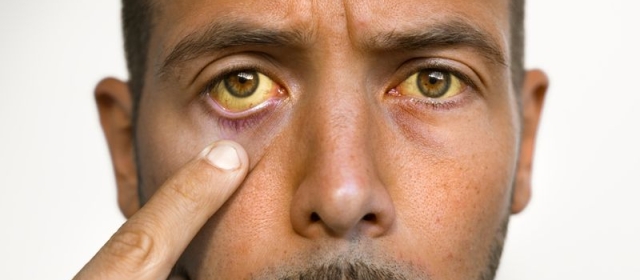
All News
Upcoming Events

Masturbation is a common and normal sexual activity, but many people still feel uncomfortable talking about it or even ashamed about doing it. Unfortunately, old stigmas and myths/misinformation continue to surround the practice of masturbation which, in reality, is a healthy, free way to experience sexual pleasure. Below are some of the most common myths about masturbation, as well as the facts and health benefits of this sexual activity.

In the short term, stressful situations prompt alertness and focus, allowing people to deal more effectively with the challenge at hand. However, ongoing stress can result in an overactive nervous system, which is disruptive to the body’s natural processes and can leave a person more vulnerable to mental and physical health issues.

Social support and social connectedness have been shown to be protective against mental health disorders like anxiety and depression because people are better able to deal with difficult situations when they have the support of others. Unfortunately, past research has shown that transgender people may have lower levels of social support than other individuals. What’s more, social connectedness for people around the world was negatively impacted by the COVID-19 pandemic, which necessitated social distancing to contain the spread of the virus.

Sexually transmitted infections (STIs) are common and impact people all around the world. Nevertheless, many people continue to feel ashamed about discussing their STI status with current or prospective sexual partners, being tested for STIs, or testing positive for an STI. It is important to remember that getting an STI is not a negative reflection on your character, and many STIs are curable. Still, being aware of your STI status and that of your sexual partner(s) is an important and necessary step for preventing the spread of STIs, making safe, informed decisions, and maintaining your sexual and overall health.

There is a well-established association between depression and sexual dysfunction in both men and women. Although many factors influence this association, experts generally agree that depression affects individuals’ cognitive processes, altering their attention, perception, and evaluation of events, which has the potential to impair sexual experiences.

Introduction
Provoked vestibulodynia (PVD) is the most common form of vulvodynia, occurring in an estimated 8%-10% of women of all ages worldwide. It is a chronic pain condition that results in painful sexual intercourse because PVD causes sharp, cutting, or burning pain for a woman whenever pressure is applied to the vestibule (PVD can even make putting in a tampon painful).

A migraine is a neurovascular headache that is often characterized by severe throbbing pain, nausea, and sensitivity to light and sound. Sometimes, migraines are accompanied by other conditions such as depression, anxiety, gastrointestinal disorders, and/or chronic pain conditions. As they often recur in individuals, migraines can be disruptive and debilitating, leading to missed social engagements, lost time at work, and even a noticeable decrease in quality of life.

Racial and ethnic minority populations bear a disproportionate burden of overall health concerns due to factors such as persistent health disparities, discrimination, stigma, education, geographic location, and poverty or low-income levels. Unfortunately, sexual health concerns also impact these communities at a higher rate than other communities. Importantly, these health disparities are not in any way caused by a person’s ethnic background or heritage, but rather by the societal factors and barriers to care that make it more difficult for minority groups to access important health information and quality health care services.

Ample scientific evidence suggests that youth who suffer from psychiatric disorders are more likely to experience difficulties during their sexual and gender identity development. Several factors may contribute to these difficulties, including feelings of low self-worth, trouble finding romantic partners, the sexual side effects of many psychotropic medications, and the higher-than-average prevalence of sexual trauma among individuals with mental health conditions. Nevertheless, sexuality remains an infrequently discussed topic between mental health care providers, adolescent patients, and patients’ parents.

Many people feel that drinking alcohol helps them to relax, lowers their inhibitions, and allows them to feel more confident during sex. Research confirms that, when used in moderation, alcohol is often associated with increased socialization, improved feelings of personal attractiveness and attraction toward others, and reduced inhibitions. While it may seem appealing, this dynamic may not always be beneficial for a person’s sexual health, and excessive alcohol consumption can be especially detrimental to a person’s sex life in a number of ways. (Keep in mind that moderate alcohol consumption is generally defined as no more than one drink a day for women and no more than two drinks a day for men).



